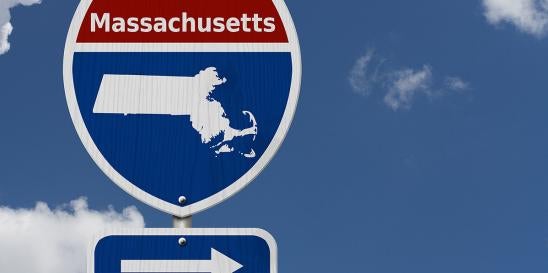On January 31, 2024, a Massachusetts trial court dismissed a claim against the Boston Globe alleging that the newspaper violated the commonwealth’s Wage Act by failing to pay an executive’s 2020 profit-share which the executive labeled a “commission.” The court concluded that the percentage of the Globe’s profits that the executive may be owed under his compensation plan is not a percentage of revenue he personally generated and as a result is not a “commission” under the Wage Act.
Vinay Mehra, the Globe’s President from 2017 until his June 2020 termination, filed this lawsuit in 2023 asserting claims against the newspaper for retaliation, breach of contract, breach of the implied covenant of good faith and fair dealing, unjust enrichment, and violation of the Wage Act. For the Wage Act claim, Mehra contended that the Globe failed to pay his share of the newspaper’s 2020 profits that Mehra was entitled to under the terms of his incentive-laden compensation plan.
By 2020, after 3 years of Mehra’s leadership, the Globe’s profitability dramatically improved. Mehra contended that the cost-cutting and revenue-growing initiatives he implemented were directly and entirely responsible for the increased profits, and as such, his share was a “commission” qualifying as “wages” under the Wage Act. If labeled a commission – the only form of contingent compensation expressly recognized in the Wage Act – treble damages and reasonable attorneys’ fees would be available for Mehra’s profit-sharing claim, remedies not available for Mehra’s contract claims.
Citing several analogous Massachusetts cases discussing profit-sharing arrangements, the common understanding of “commission” in the sales and compensation context, as well as the dictionary definition, the court concluded that payment based on a percentage of the business’s overall profit is not a commission, and is therefore not protected by the Wage Act. Mehra’s claimed share of the Globe’s profits was not a percentage of revenues he personally generated, and thus did not fit into the definition of “commission” despite his involvement. Further, the court noted that Mehra claimed an entitlement to a share of the Globe’s profits for the entirety of 2020, despite exiting the company in June of that year. Logically, the court noted that the “Globe’s profits for calendar year 2020 therefore necessarily involved, and were contingent on, the efforts and activities of others.” The court deemed this inconsistent with Mehra’s assertion that his personal efforts were entirely responsible for the Globe’s profits. Mehra’s other counts against the Globe survive; however, following this dismissal, Mehra loses the potential for treble damages and statutory attorneys’ fees which are mandated by the Wage Act.
This ruling is consistent with Massachusetts courts’ practice of narrowly construing “commission” to the exclusion of most contingent compensation and preventing well-paid executives from leveraging the Wage Act and the threat of treble damages as a Damoclesian sword in contract disputes.




 i
i


